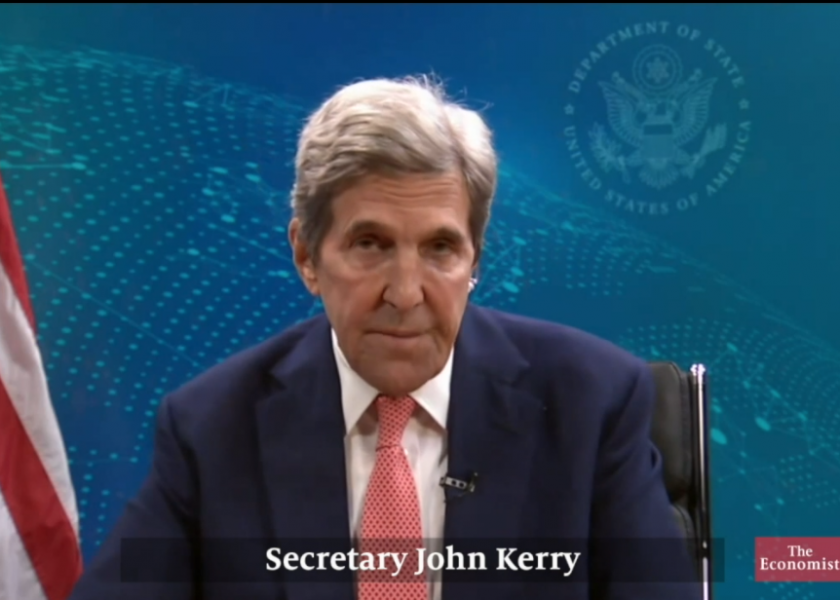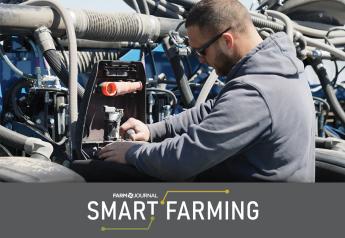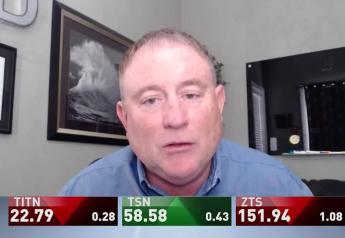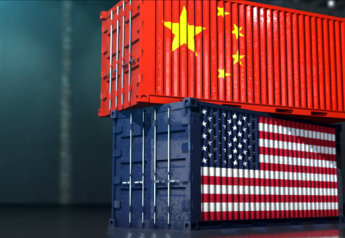John Kerry: 5 Steps to Stabilize Global Warming

John Kerry’s message is simple. The world is positioned to stabilize global warming, with no more than a 1.5-degree Celsius temperature increase on planet earth. We just need to adopt practices that can help us reach that goal quickly.
Kerry, United States Special Presidential Envoy for Climate, made this claim as keynote speaker during The Economist’s Sustainability Week U.S. 2021 program.
A foundational question—with the political divide over how to approach the issue of climate in the U.S., how can it convince the rest of the world U.S. leadership is credible and here to stay? Here’s what Kerry had to say.
1. The U.S. is positioned to lead.
“With the amount of money that is being invested, and the administrative changes that the President is able to put in place without the need to have congressional approval, there's going to be a momentum created out of that,” Kerry says.
When Donald Trump pulled out of the Paris Agreement, Kerry says he stood with Governors Andrew Cuomo of New York, Jerry Brown of California and Jay Inslee of Washington, who announced that these states planned to continue to honor the agreement.
Ultimately, 37 states representing about 80% of the U.S. population passed renewable portfolio laws.
“So yes, Donald Trump pulled out,” Kerry says. “But because of those laws at the local level, the United States itself stayed in and continued to move towards the achievement of the Paris goals. And the testimony to that is the fact that in the last few years, 75% of the new electricity in the United States has come from renewables.”
2. Energy is a key component.
Kerry says he believes Congress will pass the critical components of an infrastructure bill that will help deal with the energy challenges the U.S. faces. By building a legitimate energy grid, he says the country will be better poised to deliver cheaper electricity and deliver it more effectively.
Automobile manufacturers are already moving, Kerry says. General Motors has announced they’re going to stop producing internal combustion engines by 2035.
“They're producing electric vehicles,” he says. “Countless other carmakers are in the race to produce those electric vehicles.”
Ford Motor Company is moving in that direction, too, he says, as are others like BMW and Volkswagen, which also manufacture vehicles in the United States.
“President Biden has made a pledge that by 2035, all of our power in the United States will be produced carbon-free. Can he achieve that? Yes. Why? Because utilities themselves are embracing that notion. And they're moving in that direction.”
3. Carbon border adjustment mechanisms are on the table.
“President Biden has instructed us to look very carefully at the border adjustment mechanism, which is a pricing of carbon that would take place nation to nation, depending on the products that are being sent,” Kerry says.
These carbon adjustment mechanisms could potentially charge based on the carbon content of emissions-intensive imported goods to incentivize coal-dependent countries that are making dirty products to make investments in renewables and sustainable energy, he says.
4. The global economy needs to work together to meet key goals.
The 26th U.N. Climate Change Conference, or COP26, takes place Nov. 1 to Nov. 12 in Glasgow, Scotland. This meeting is an important marker for the Biden Administration to lock in more of the global economy to an agreement to uphold a 1.5-degree temperature limit on global warming.
“Fifty-five percent of global GDP is now all on board, committed, to hold the 1.5 degrees … that's a major breakthrough,” Kerry says. “Now we have the other 45% that needs to come on board and join us and go to Glasgow to do the best we can to limit the rise of temperature at the 1.5 degrees.”
5. Innovation will lead the way.
Kerry says entrepreneurs and innovators who will lead the way on identifying the right technologies to invest to stabilize climate, and some of the solutions haven’t been invented yet.
“I keep saying that the challenge is, will we do it fast enough?” Kerry says.
He says governments around the world must come together and create consortia that can put money and ingenuity on the table to design and implement innovative scale ups necessary to get the job done.
“I feel very optimistic about that,” Kerry says. “Honestly, I think there are incredible things happening already, which have the capacity to change the world for the better in the way we're providing energy or transportation or doing agriculture or doing industry. But we still have some tough hurdles to get over.”







